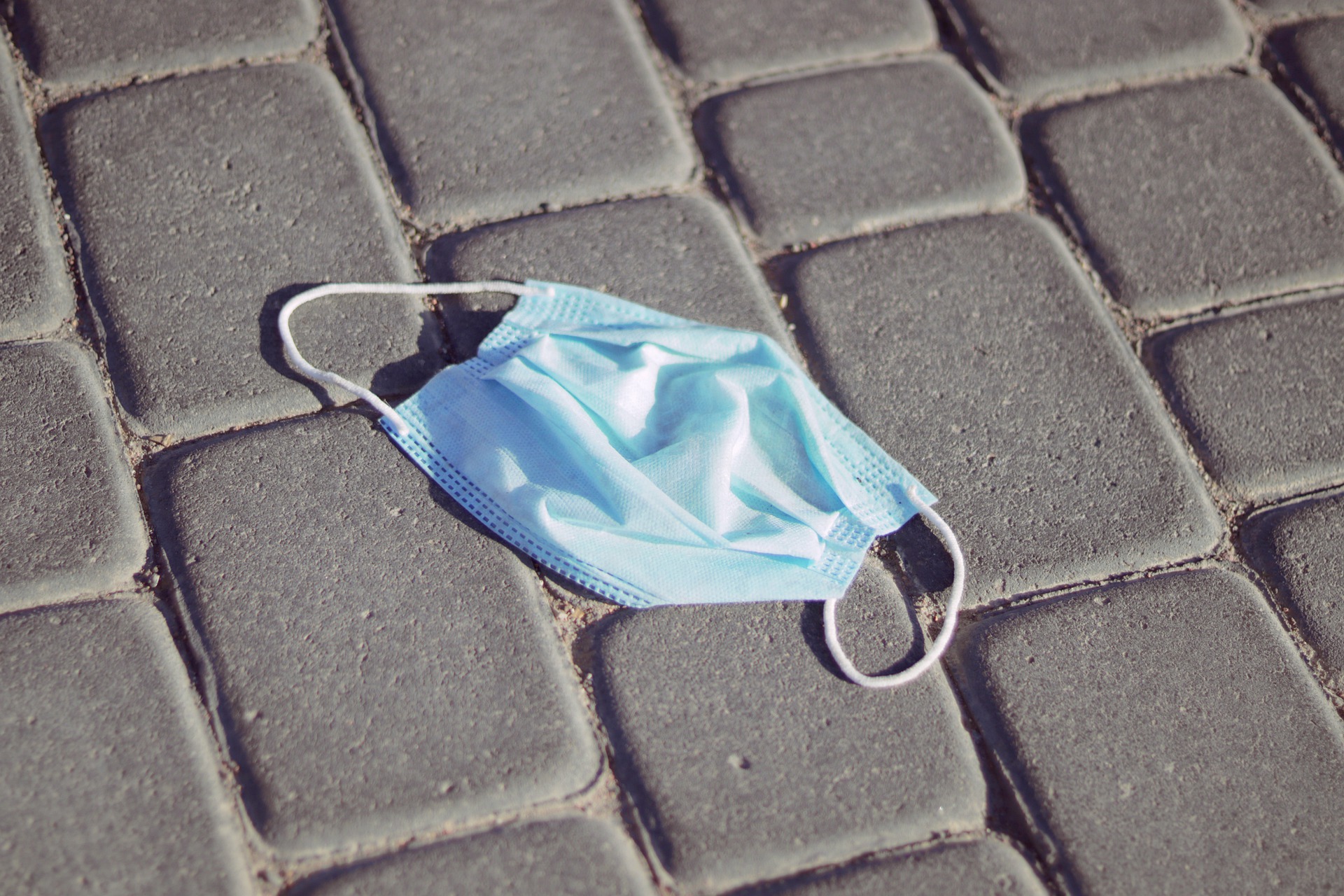With lockdown orders in place, several in-person interactions are being substituted by technology including school, work, and entertainment. This has caused a decrease in the usage of cars on the road and limited crowds in public areas, resulting in a significant decline in country-wide littering and air pollution.
A study by The National Center for Biotechnology Information (NCBI) states, “After the lockdown began on January 23, the particulate matter pollution decreased by an average of 35 per cent and NO2 (nitrogen dioxide) decreased by an average of 60 per cent,” overall describing how COVID-19 has positively impacted the environment.
Lockdowns have been effective in reducing greenhouse gas emissions as well. According to a 2020 climate study, pandemic restrictions have proven to lower global carbon emissions.
“Daily global CO2 (carbon dioxide) emissions decreased by 17 per cent by early April 2020,” the study reads, furthering stating that “Before the pandemic of 2020, emissions of carbon dioxide were rising by about one per cent per year over the previous decade” however, “population confinement is leading to drastic changes in energy use, with expected impacts on CO2 emissions.”
Despite the positive impacts on the environment, it is only a short-term effect — COVID-19 has not had an overall positive outcome for the environment.
This is also not to say that the pandemic has drastically improved the environment, but it has definitely been an opportunity to do so. By advocating and applying pressure to the government, as well as the world’s one per cent, we can establish strict measures on industries. People can also implement changes in their lifestyle to reduce their carbon footprint.
Large industries and businesses contribute to a significant amount of the world’s pollution. According to The Guardian in 2017, “Just 100 companies have been the source of more than 70 per cent of the world’s greenhouse gas emissions since 1988.”
The pandemic should have opened the government’s eyes to our impacts on the environment. We have been slow with changes, such as, reducing our reliance on fossil fuels and switching to renewable energy sources.
Another rising concern for the environment is that the pandemic has ensued an excessive use of plastic. This includes disposable gloves, masks, and other personal protective equipment (PPE) in order to prevent the spread of the virus. These one-time essential products are very harmful for the environment, and the increased use can minimize the progression made this past year.
Additionally, the demand of single-use plastic has also resulted in misused disposal methods such as littering in public places. As the NCBI states, “Demand on plastics is expected to increase by 40 per cent in packaging and 17 per cent in other applications, including medical uses.”
While the mandatory wearing of PPE is understandable, the long-lasting negative effects of inappropriate disposal methods, and an increased demand in plastic production and packaging are still concerning.
Recently, York announced it’s planning for a safe return to campus in the upcoming fall term, while remaining flexible to remaining online. This has raised questions and concerns for the community, as an increase in students would lead to littering of single-use plastic. This would also bring back the consecutive use of buses in order for students to reach campus, causing a spike in air pollution.
Due to COVID-19, however, public transportation has become the unfavourable choice. It is likely that a number of students will amplify the use of PPE in order to ensure safety, but it is equally likely that some students’ concerns regarding overcrowded buses may influence them to use their personal vehicles. These measures, although reasonable, increase the likeliness of reversing the progress we have made to reduce air pollution.
Overall, this pandemic has provided us with a new perspective on how we can save the environment. Many people have recognized the efficiency of virtual classrooms and meetings and choose to continue to do so post-pandemic. With the understanding of how COVID-19 has positively impacted the environment, people will be more inclined to help keep it clean and make environmentally friendly decisions, which can help prevent the long-lasting negative effects COVID-19 has imposed.


